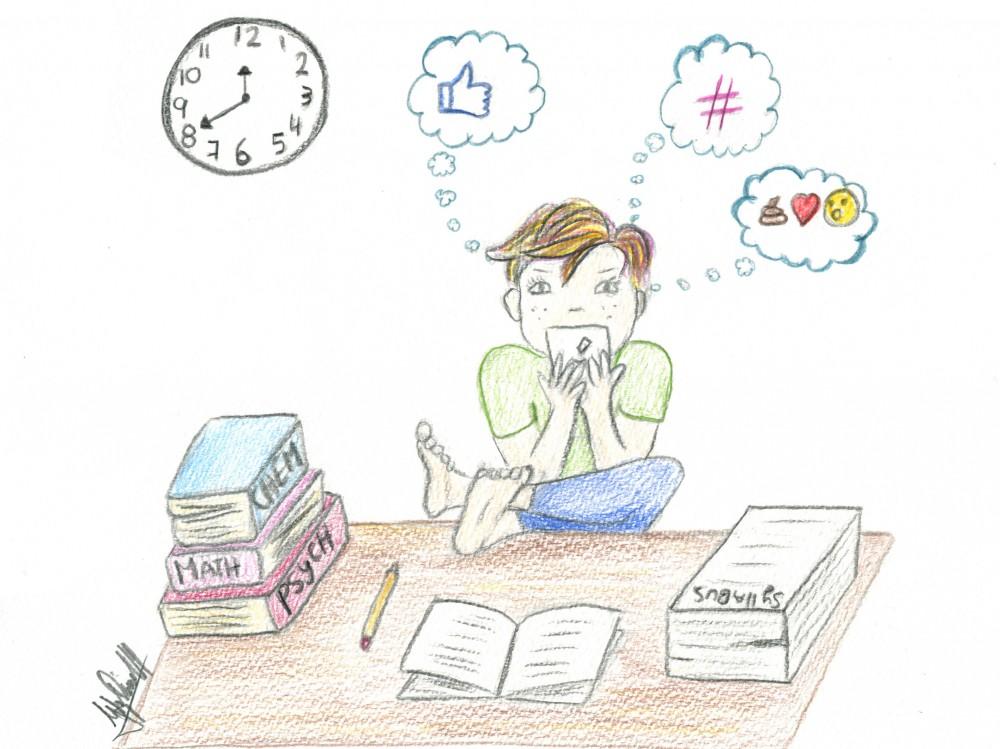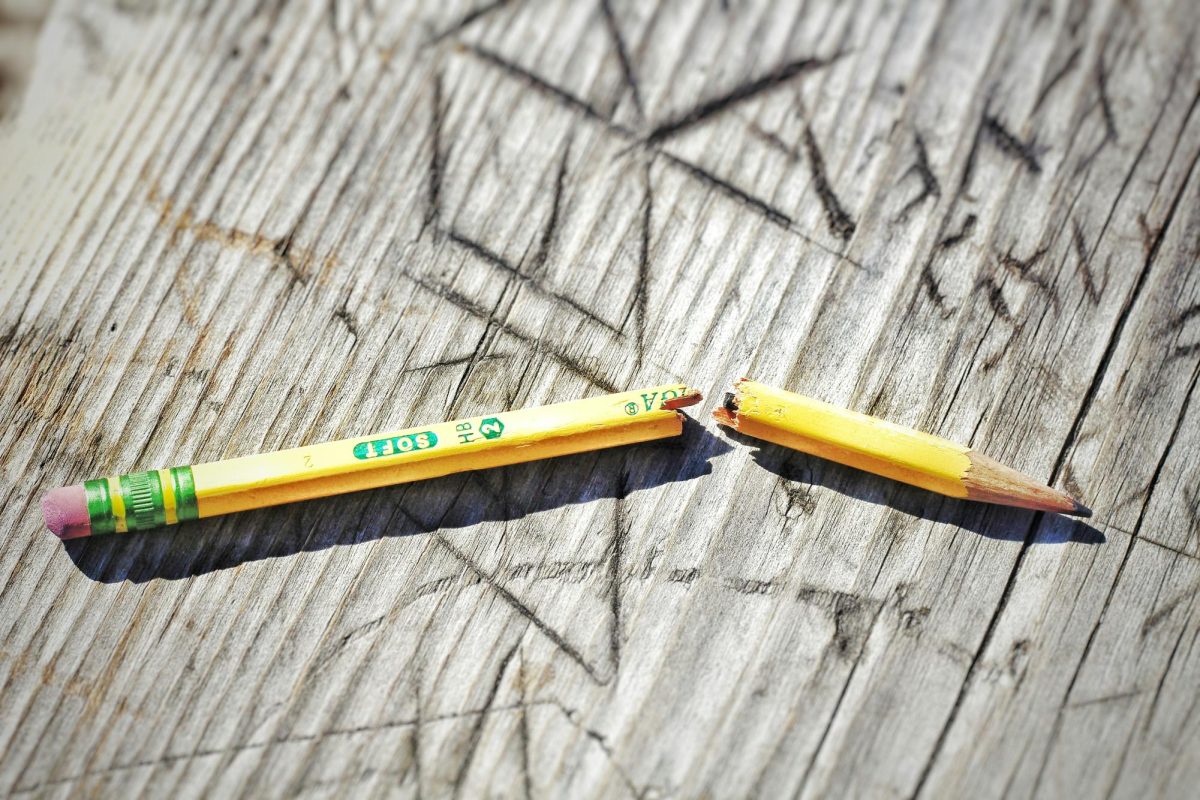When finals roll around, it seems like the perfect time to clean the apartment, to go a baseball game, read articles online about relationships and just about anything else instead of doing what needs to be done. This is called procrastination—a trend that college students reach every time with more intensity.
College students then start a cycle of caffeine consumption and subject themselves to insomnia, anxiety, and irritability which all negatively affect their physical and emotional health.
According to Dr. Joseph Ferrari, associate professor of psychology at Depaul University in Chicago, procrastinating leads into higher levels of alcohol consumption, a weak immune system, gastrointestinal problems and can cause emotional distress.
A 2007 meta-analysis from the University of Calgary shows that 80-95 percent of college students procrastinate with excuses such as a lack of time, being tired and or even plain laziness.
Many procrastinators put off their important tasks by taking on so-called easy tasks as a defense mechanism against failure, because they enjoy doing things impulsively rather than planning, instead waiting for the euphoric rush of the last 12 hours before a deadline.
Some people would say that procrastination is not always bad and that sometimes the best ideas come with the rush of meeting a deadline, but this is more like thoughtfully delaying the task than procrastinating.
A 2005 study in the Journal of Social Psychology divides procrastinators into two types: The passive procrastinators, who postpone task until the last minute by their inability to act on time, and the active procrastinators, who thoughtfully decide to delay the task but meet the deadline with satisfactory results—sometimes better than non-procrastinators.
Procrastination is not just about low grades. Often the habit of procrastinating reaches their day-to-day tasks such as going to the doctor, meeting appointments, eating, sleeping, attending to their relationships with others and even the search for a job, which further compounds their already-lacking motivation.
To deal better with the self-sabotaging act that is procrastination, it’s good for students to have a plan.
For example, to-do lists are helpful if there are less than 10 items on them. Try to have one for the month, one for the week and one for the day to keep you organized. If you create incremental deadlines for large projects, dividing them into smaller sections per day, those projects could be finished even before their deadline.
Also, use technology to your favor. Auto-alerts on the calendar or email to remind us of deadlines are very useful, but remember to put everything on the same calendar to avoid chaos.
Always remember to do the best job with the time and resources you have and to move on to the next project when another is done. Don’t be too hard with yourself. Has anyone written a perfect essay or completed a perfect project? The world cannot wait until you get the work perfect.
Another good strategy is to have a master plan where you put all the projects and errands into a timeline. Analyze how long it will take you to understand, to work, to proofread and to master the material at hand. Be realistic about the time and resources needed to complete the task. Students usually underestimate the burden of their tasks.
Unexpected circumstances before deadlines such as illnesses, family issues, technological failure or being called in for work should be in the calendar as well to decrease the risk of failure and complications.
In addition, don’t trust yourself to multitask—it takes away too much time and energy. It is better to turn off the television and smartphone and focus on one project at a time.
Finally, to decrease the stress of a deadline, try to be early to every project. Sometimes it’s good to leave q project for some other day and come back with fresh eyes before its deadline.
Finishing early also creates more time for other important tasks and allows a balance between work and life.
There are at least two weeks left until American River College’s finals. It is still enough time to finish all of your projects and study. Don’t wait until the night before to read all the chapters for your tests. No more excuses, the responsibility is all on you.















everlia • May 5, 2016 at 10:16 am
I’ve been fighting a losing battle with procrastination my whole life and the only method I’m having good results with is procrastination bulldozer method and applying a 5 minute rule to smaller tasks.